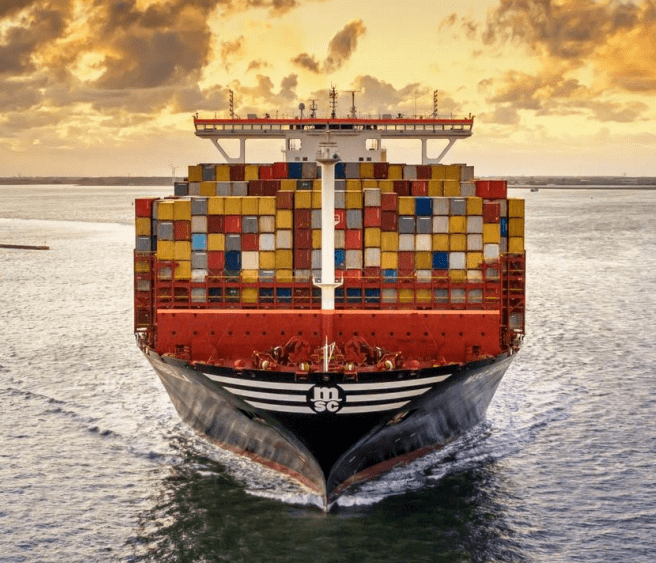The movement of containers in ports around the world will contract 7.3% in 2020, according to a scenario by the Drewry consultancy, referred to by the United Nations Conference on Trade and Development (UNCTAD).
The contraction of container movement could amplify and reach 12% if the negative scenario continues.
According to UNCTAD, volumes in the movement of containers in ports globally collapsed in the second quarter of 2020 at the height of the pandemic.
Volumes in port container movement in 2021 will vary, depending on Drewry’s scenario.
Projected figures range from another 3% contraction to a jump of more than 10 percent.
The variety of scenarios shows how unpredictable and volatile the short-term outlook can be.
Several ports reported an increase in port and terminal utilization due to increased essential imported goods, such as cereals (rice and wheat).
Other ports reported that traders began stockpiling liquid raw materials in bulk in anticipation of future commodity price developments.
Another situation facing ports relates to the automotive industry, as many new cars were not picked up, due to a collapse in sales, resulting in overcrowding of the relevant storage areas.
Container movement
Storage space has also been used in cases where transit container movement programs were discontinued.
For example, the Mediterranean Shipping Company implemented the suspension of transit while using some of the main transshipment centers in the world (Bremerhaven, Germany; Busan, Republic of Korea; King Abdullah port, Saudi Arabia; Lomé; Rodman port, PSA Panama International Terminal , Panama; and Asyaport, Tekirdağ, Turkey).
As reported in the experience shared by Mediterranean Shipping Company, this allowed shippers to benefit from advanced storage in the yard and to begin moving goods before anticipating a resumption of demand.
Unlike shipping lines, which could mitigate the effect of volume reductions through, for example, blank departures, service suspensions or capacity cuts, ports do not have mitigation tools at their disposal and are likely to focus increasingly in costs.
World port-handling forecast, 2019–2021 (Million 20-foot equivalent units and percentage change
![]()

